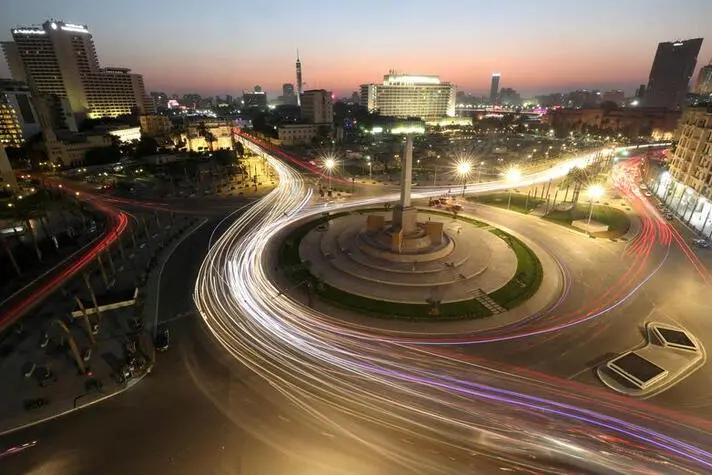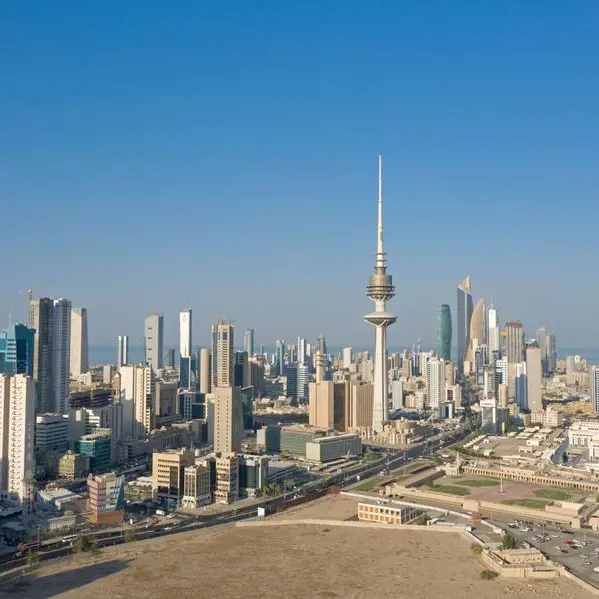PHOTO
Despite a noticeable improvement in service revenues, exports and remittances, Egypt’s current account deficit has risen by $5.4 billion over the first three quarters of 2021, according to a leading global research institution.
Being a net importer of food and energy, Egypt had to put up with soaring global prices of both oil and non-oil imports, which translated in an account deficit of $14.8 billion during the first nine months of 2021 compared to $9,377 billion the previous year, according to a recent briefing by Oxford Economics Africa.
The spike in imports has already offset the uptick in exports revenues, which have risen by 15 percent compared to their pre-pandemic level.
Additionally, the report highlights a remarkable deficit in the country’s income balance.
“The income balance was also pushed deeper into deficit territory as income payments jumped by around 15 percent y-o-y,” read the report, “likely reflecting an uptick in interest, profits, and dividends payments made by foreign oil and gas companies operating in Egypt in the context of an improved price environment,” Oxfor Economics Africa said.
Surging tourism revenues
Meanwhile, the services surplus, namely tourism revenues, has made “a remarkable recovery”. It has risen by 73 percent y-o-y over the first three quarters of 2021, with travel receipts hitting $5.9 billion. In the third quarter alone, tourism receipts were “surprisingly strong” recording an increase of 62 percent compared to the previous quarter. This improvement was mainly spawned by Russia’s decision to resume direct flights to Red Sea resorts in Egypt, according to the report. For nearly six years, the Russian government had suspended all flights to Egypt following the bombing of a Russian aircraft over the Sinai Peninsula in 2015. All 224 people aboard had died.
Tourism revenues are considered a vital source of national income and represent more than 4 percent of the total GDP in Egypt. This sector has been dealt a serious blow following the outbreak of the global pandemic. However, with the easing of global travel restrictions in 2021 and Egypt’s relatively efficient vaccination program, the sector has seen a rebound.
Also, remittances from Egyptians working abroad rose by 8.8 percent y-o-y during the 2021 Q1—83 quarters, reaching nearly $24 billion and reinforcing a pattern of increasing transfers that began with the pandemic in 2020, said the report.
The 2021 Q4 figures, which are yet to be released, are expected to show less strain on the current account especially that initial indicators show that global supply chain disruptions in the fourth quarter have likely decreased real imports. Also, tourism revenues have continued to improve in Q4 2021, according to the same briefing.
(Reporting by Noha El Hennawy; editing by Seban Scaria)
Disclaimer: This article is provided for informational purposes only. The content does not provide tax, legal or investment advice or opinion regarding the suitability, value or profitability of any particular security, portfolio or investment strategy. Read our full disclaimer policy here.
© ZAWYA 2022





















